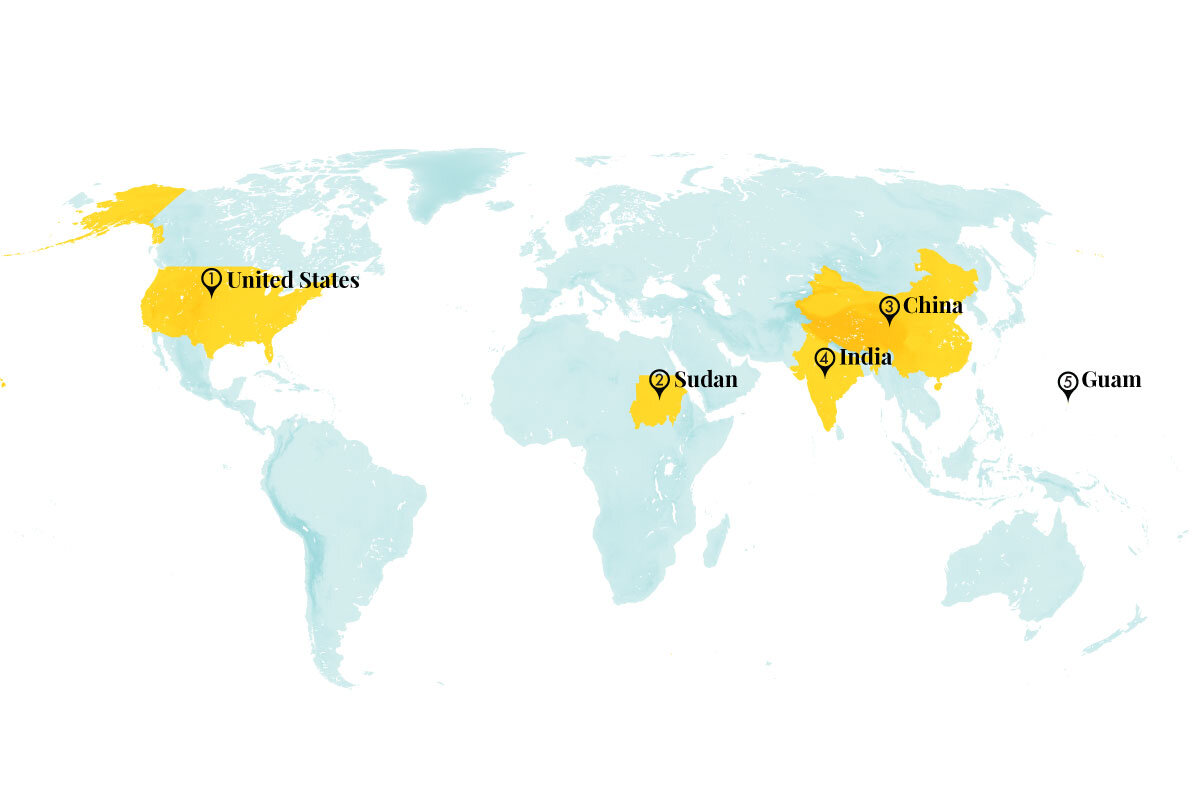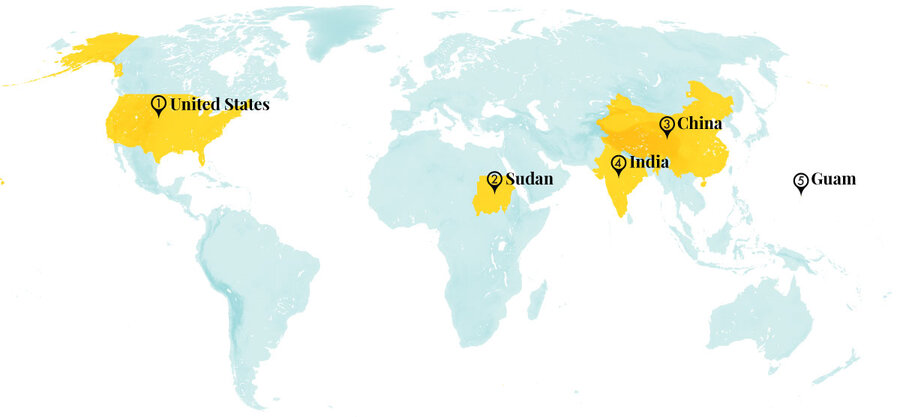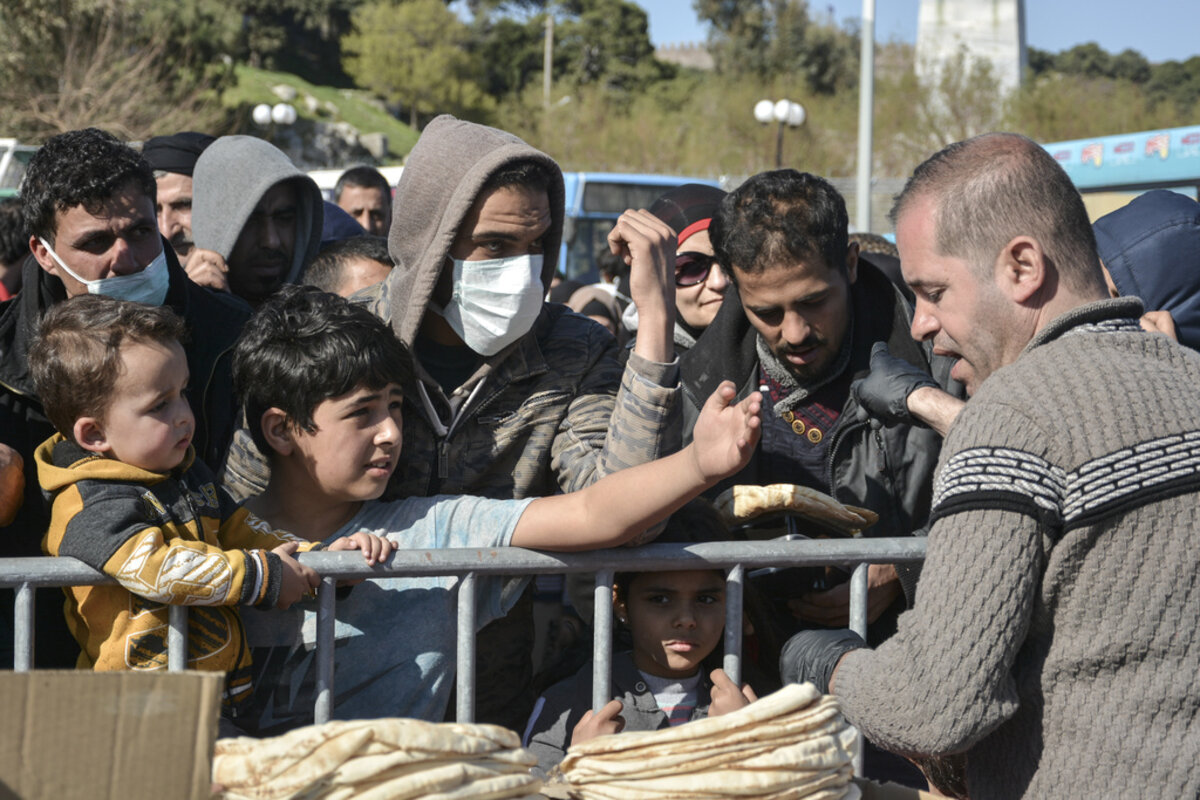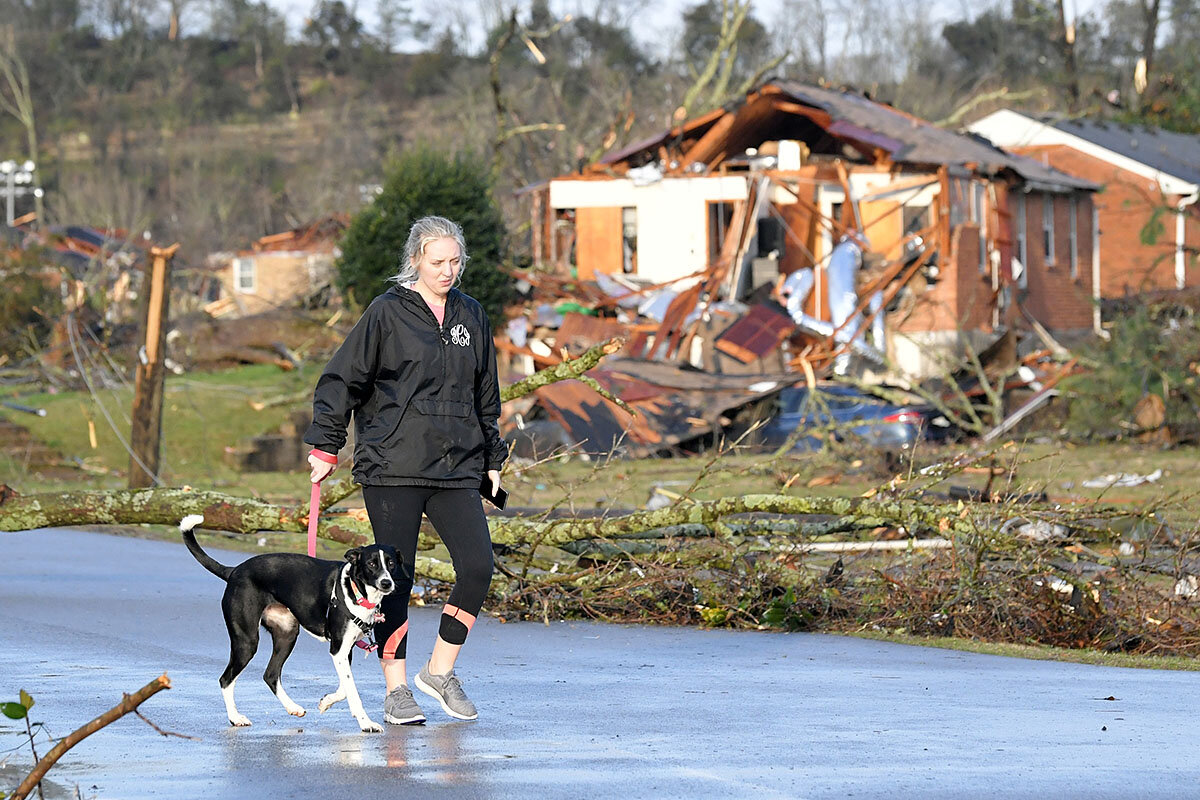Russian interference has less to do with picking a candidate than it does with undermining trust in American democracy and sowing divisions, say U.S. intelligence officials.
Monitor Daily Podcast
- Follow us:
- Apple Podcasts
- Spotify
- RSS Feed
- Download
 David Clark Scott
David Clark Scott
Today’s five selected stories cover Russian motives in undermining voter trust, what fuels Afghan hope for peace, a search for compassionate solutions in Syria, the U.S. Marines’ battle with racism, and a global roundup of credible progress.
The word “democracy” derives from Greek words, demos (people) and kratia (power).
But when it comes to exercising people power, Americans don’t have a stellar record. The last time voter turnout topped 60% was five decades ago. It fluctuates, but only about 55% of the voting age U.S. population has participated in recent presidential elections.
Voter participation in the first four 2020 primary and caucus states has been good but not great for Democrats. But Republicans have had record turnouts, reports Rolling Stone, suggesting an engaged Donald Trump base.
Every four years, Americans have the duty and privilege of choosing a leader to champion their hopes and values. That’s why it warmed my heart when a Monitor colleague told me about his 18-year-old son’s first trip to the ballot box. On Tuesday morning, the whole Kaplan family went to the Joseph P. Manning Elementary School in Jamaica Plain, a neighborhood of Boston.
They voted, and they met Violet, an engaging 101-year-old woman checking addresses. She’s been a volunteer for the democratic way for “decades,” says my colleague. After loading up on scones and banana bread at the adjacent bake sale, Asher Kaplan proudly slapped the “I voted” sticker on his jacket.
We’ll begin to see the results of this kind of carbohydrate-fueled people power when Super Tuesday polls start to close at 7 p.m. ET. Look for our report in Wednesday’s edition.












